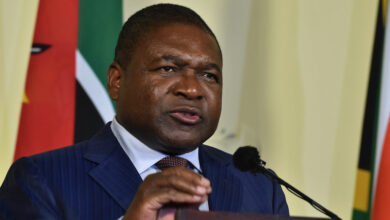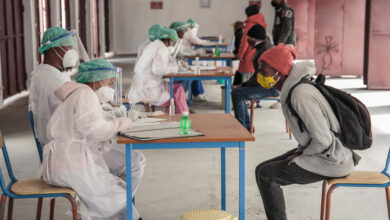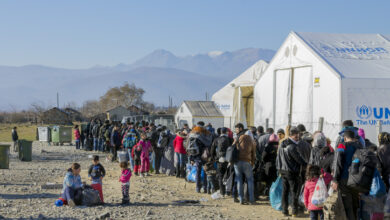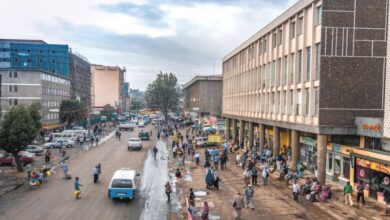World
South Sudan: President Salva Kiir Agrees To Form Unity Government With Machar By February
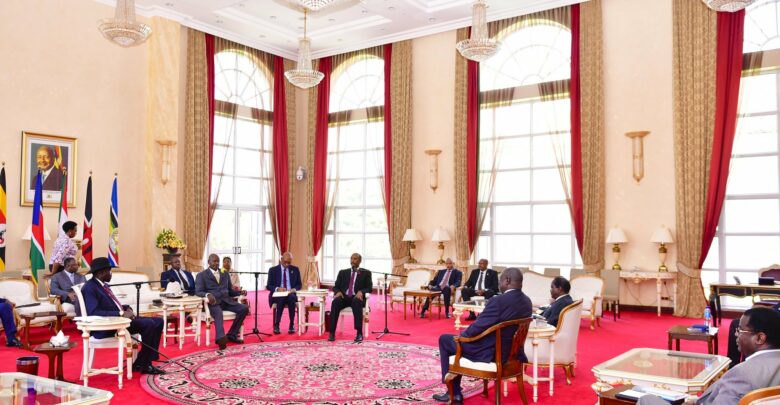
South Sudan’s President Salva Kiir on Tuesday said he had reached a deal with former rebel leader Riek Machar to form a transitional unity government by a February deadline even if they fail to resolve all their differences, reported Reuters. The announcement follows a three-day meeting between the two rival leaders in the capital, Juba.
“We said that after 100 days we must form the government of national unity. If the arrangements are not complete, we shall form a transitional government of national unity to implement the outstanding issues,” Kiir told reporters.
The South Sudanese president confirmed that the ceasefire will continue until the formation of the unity government.
“The ceasefire will continue to hold and no one from us is willing to go back to war,” Kiir said.
Last year, a peace deal was signed by the two leaders under pressure from the United Nations, the United States and countries in the region to end the civil war and form a unity government by Nov. 12.
But the two leaders missed the deadline as some critical conditions for the formation of the unity government were not met including issues related to security arrangements, governance and the integration of fighting forces. Both sides blame each other for not meeting milestones stipulated by the peace deal, especially the integration of different fighting forces to form a national army of more than 80,000 soldiers, and disagreements over territorial boundaries.
A few days before the November 12 deadline, Kiir and Machar agreed to push back the formation of the new administration by 100 days until February 2020.
The delay in government formation prompted Washington to recall its ambassador from South Sudan. Earlier this week, the US government also imposed sanctions on two senior South Sudanese officials for their role in perpetuating the conflict.


